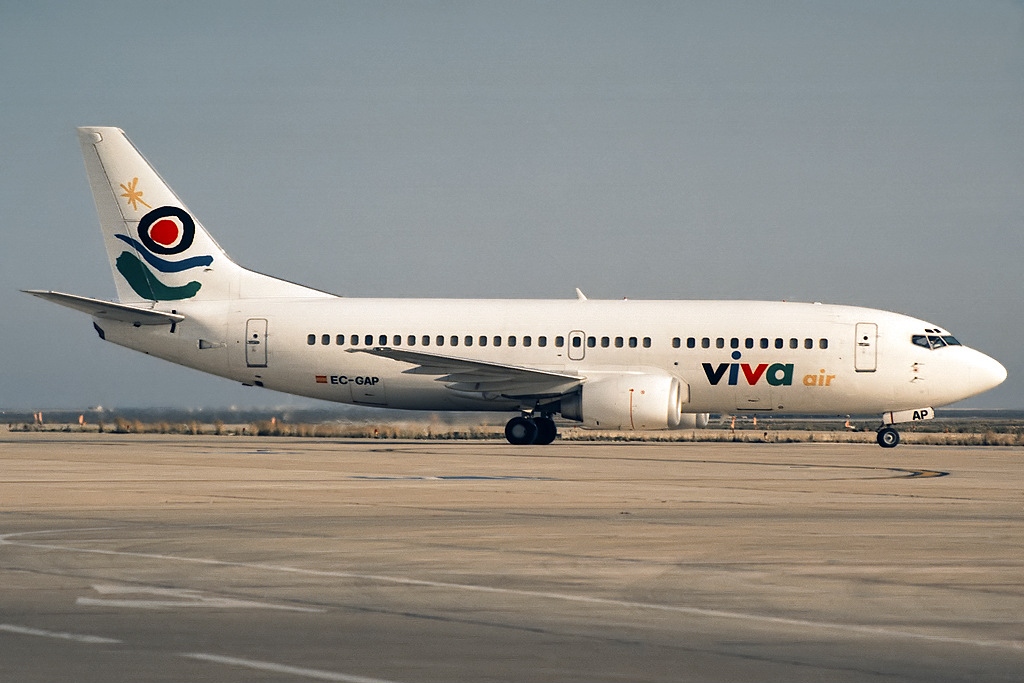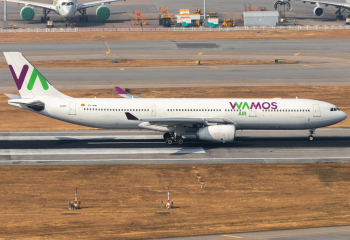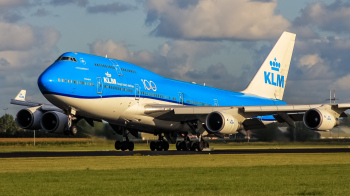Avianca Cargo is the cargo division of Avianca Airlines, the flag carrier airline of Colombia. It is one of the oldest continuously operating airlines in the world, having been founded in 1919 by German expatriates. Avianca Cargo has an extensive network spanning the Americas and Europe, providing services to over 100 destinations, including Colombia, the United States, Mexico, and Peru.

Avianca Cargo was initially established in 1983 as a division of Avianca Airlines. The airline initially operated a fleet of six Boeing 727s, which were used to transport cargo from Colombia to the United States and Europe. In the early 1990s, Avianca Cargo began operating Boeing 767s, which allowed the airline to expand its operations to more destinations, such as Brazil and Chile.
The airline has gone through several changes over the years. In 1997, Avianca Cargo acquired Aerovias Aereas Cargo, which allowed the airline to expand its cargo operations to the Caribbean and Central America. In 2000, Avianca Cargo acquired Air Express, which increased the size of its fleet and the number of destinations it served. In 2001, Avianca Cargo added its first wide-body aircraft, the Boeing 747-400. In 2005, Avianca Cargo became a member of Star Alliance, which allowed the airline to expand its network to include more than 1,000 destinations worldwide.
One of the most important milestones in Avianca Cargo's history was the launch of its e-commerce platform in 2011. Through this platform, customers can book their cargo shipments online, track their shipments, and access customer support. This platform has helped Avianca Cargo to become more competitive in the cargo market and has allowed the airline to increase its market share.
In 2018, Avianca Cargo underwent a major rebranding, adopting a new logo and livery. The airline also launched a new line of aircraft, the Airbus A330-200F, which features a more fuel-efficient design and an increased cargo capacity. This new aircraft has allowed Avianca Cargo to become more competitive in the cargo market and has helped the airline to expand its global reach.
Avianca Cargo has been involved in several incidents over the years. In 2009, an Avianca Cargo aircraft crashed in Colombia due to heavy rains and poor visibility. In 2010, the airline was involved in a federal investigation in the United States over alleged violations of U.S. export laws. In 2016, an Avianca Cargo plane crashed in Colombia due to a mechanical failure.
Avianca Cargo has evolved over time, from a small regional cargo carrier to a global leader in cargo transportation. The airline has an extensive network, a wide variety of aircraft, and a strong presence in the cargo market. With the launch of its e-commerce platform and the introduction of its new Airbus A330-200F aircraft, Avianca Cargo has positioned itself as a major player in the cargo market and has continued to grow and expand its reach.





Comments